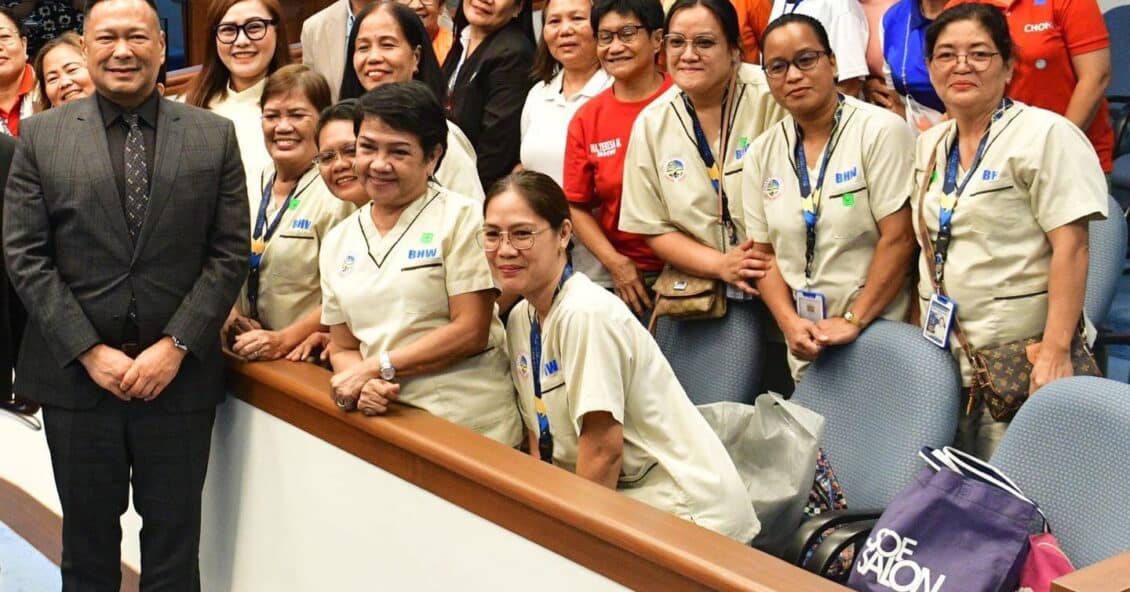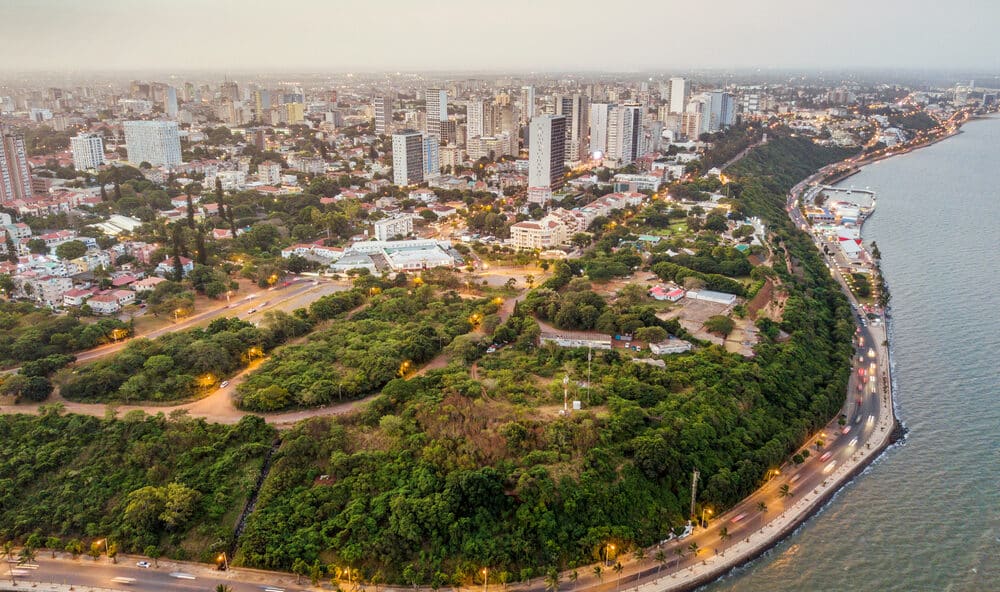Philippine Senate Moves Magna Carta of Barangay Health Workers to Second Reading
11.11.24
The long-awaited Magna Carta of Barangay Health Workers (BHWs) has moved a step closer to reality as Senate Bill No. 2838 advances to its second reading in the Senate. This landmark bill aims to provide enhanced protections and comprehensive benefits for BHWs across the Philippines, addressing longstanding challenges that have affected the welfare and livelihoods of these essential community health workers.
The Magna Carta of Barangay Health Workers proposes a comprehensive benefits package that significantly improves on existing legislation. Key provisions include hazard, transportation, and subsistence allowances, one-time retirement cash incentives, health and insurance benefits, vacation and maternity leave, cash bonuses, disability compensation, and Civil Service Eligibility for those who have served five continuous years or more. With this bill, the Senate acknowledges the critical, on-the-ground work of BHWs and aims to bring meaningful protections and recognition to this frontline workforce.
Currently, an estimated 500,000 registered and unregistered BHWs in the Philippines stand to benefit from these reforms, with many urgently awaiting the added security and respect this law would provide. As the bill progresses, hopes are high among BHW advocates and workers for its swift passage.
Senator Joseph Victor “JV” Ejercito, the bill’s principal sponsor in the upper house, emphasized the vital role of BHWs and the importance of the bill in honoring their commitment. “No amount of money can truly match the volunteerism and heroism of our BHWs,” he said in his sponsorship speech. “But through this bill, we aim to show them that they are neither forgotten nor overlooked. We recognize their invaluable contributions to our communities, and with every step forward, we come closer to ensuring that no barangay health worker is left behind.”
In December 2022, the House of Representatives unanimously approved House Bill No. 6557, setting a high bar and intensifying public pressure on the Senate to pass its counterpart of the Magna Carta. However, it took the Senate two years to consolidate fourteen versions of the bill, finally bringing this long-overdue legislation closer to the finish line.
BHW advocates and organizations have responded positively to the bill’s progress, expressing relief and excitement at the Senate’s recent actions. Myrna Gaite, President of the Barangay Health Workers Federation – National Capital Region, shared, “BHWs across the country are thrilled by this development. It’s a huge relief and a long-awaited recognition of our efforts. We’re hoping for a swift passage of this overdue law—it’s something BHWs have been waiting 29 years to see.”
Roland De La Cruz, President of the UNI Philippine Liaison Council (UNI-PLC), conveyed the organization’s pride in helping push the bill forward, “We are honored to be part of the Magna Carta of BHW’s journey to this stage. Our deepest gratitude goes to the congressmen and senators who have supported this bill, especially Congresswoman Angelica Natasha Co of the BHW Party-list and Sen. JV Ejercito, our strongest partners in advocating for this legislation. Our combined efforts have brought us closer to ensuring BHWs receive the protection and recognition they deserve.”
Similarly, Rajendra Acharya, Regional Secretary of UNI Asia & Pacific, celebrated the progress while looking to the future, “We are encouraged by this advancement and are steadfast in our commitment to seeing the Magna Carta of BHWs through to full enactment. BHWs have waited nearly three decades, and we will keep up the work until their rights and protections are secured in law.”
As the Magna Carta of Barangay Health Workers continues its journey through the Senate, advocates and BHWs alike remain hopeful that this crucial legislation will soon be enshrined in law, bringing long-needed reforms to a vital, yet often under-recognized, segment of the healthcare workforce.
This legislation is backed by UNI Global Union through Together We Care, a groundbreaking initiative to enhance women’s economic security by fostering a skilled, empowered workforce in the health and care sectors supported by USAID, the Ford Foundation and the CARE Fund.


